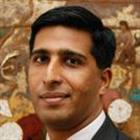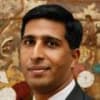Commentary: What’s behind varying attitudes about gender equality in Singapore
Demography, upbringing and cultural differences can explain variations in receptiveness towards women’s issues. The trickier question is how concerns can be tackled so progress continues, say Mathew Mathews and Syafiq Suhaini.
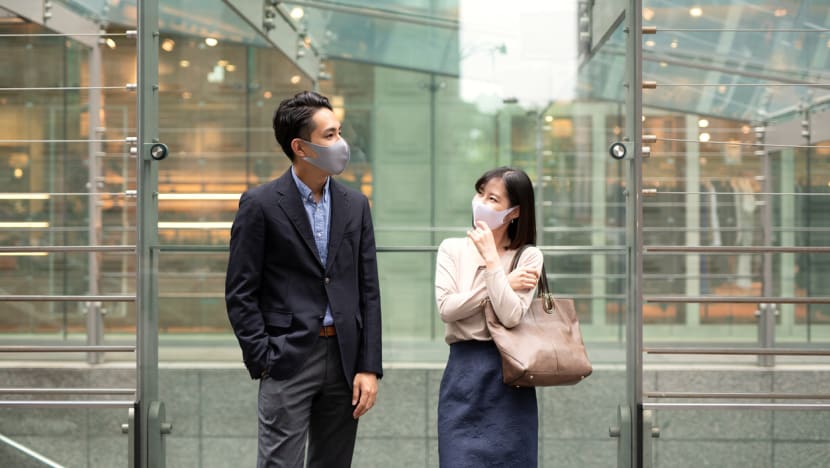
A man and woman in the CBD. (Photo: iStock)
SINGAPORE: For all the progress made in improving understanding between men and women in the road towards gender equality, the biggest hurdle to cross is the one between our ears.
Some women’s issues in the news have sparked online debates on gender equality in Singapore – from Facebook to Twitter and Reddit.
These online discussions typically raise the usual contentions: Females, without National Service obligations, have an unfair head start at work. Women are more likely to gain custody of young children after a divorce even if men are good fathers. Or that a woman’s accusation of a sexual crime is taken more seriously than a man’s denial.
Despite detailed responses debunking relevant myths by the authorities from time to time, there are corners of our population who continue to feel uneasy, even discontented about societal goals of greater gender equality.
Singapore is not unique in this regard. Globally, groups claiming to represent the voices of men allegedly losing out to gender equality norms have been pushing back calls for greater protection of women’s rights.
They include the anti-feminist movement in South Korea and the incel movement in North America – a loose network of single men who misguidedly attribute their luckless love lives to the perceived fussiness of their women counterparts or believe that feminism “has gone too far”.
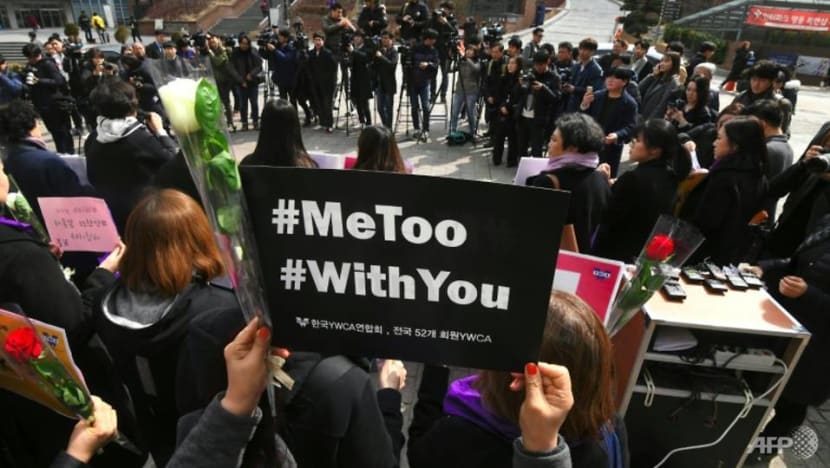
To be clear, many men here in Singapore stand for gender equality. Those who oppose it are, fortunately, in the minority.
Based on the 2020 World Values Survey polling over 2,000 Singaporean respondents, only 21 per cent of men surveyed agreed a university education is more important for a boy than for a girl.
Only 28 per cent of male respondents believed that men make better business executives than women. Slightly under one in four male respondents believed a relationship in which the wife earns more than her husband would raise problems for their married life.
DIFFERENCES IN ATTITUDES OVER GENDER EQUALITY
Demographic and income differences can explain part of this split in attitudes.
Highly educated and younger respondents from affluent backgrounds were more likely to support gender equality compared to other demographic groups, the same survey found.
Greater exposure to news around gender equality and an increasingly gender-neutral curriculum in their formal education, equip these respondents with knowledge to approach outmoded gender stereotypes.
They grew up when home economics became compulsory for all lower secondary school pupils since 1997. More of their parents are likely to be dual-income households.
But such variations over what gender equality looks like also stems from differing viewpoints on whether this requires an imposed uniformity of roles between both sides.
The thinking goes: If gender equality means that men and women must be subject to the same, equal standard, why do women need concessions like maternity leave or different standards in athletic competitions? Why should they be given these benefits?
To answer these questions, there is a need to differentiate between “sex” and “gender”.
The former refers to the biological differences that changes little across societies or time periods like the ability of a woman to give birth that men do not have. The latter describes the roles society ascribes to men and women, which include patterns of domestic duties between husband and wife.
In sports and athletics, where biological differences result in some differences between the sexes, the creation of women’s sports with different standards recognises fair competition based on equitable standards.
Championing gender equality means providing equal opportunities for both sexes to pursue their aspirations. Imposing blind uniformity in rules or policies, on the hand, might end up disadvantaging women instead.
Some single-income households embrace a traditional gendered division of domestic labour – one works while the other stays home to take care of the children and housework – often out of economic convenience rather than conviction over gender roles. Couples should be given the space to make their own life choices.
But interestingly, while women have long been the stay-home spouse, even norms here are shifting. In 2017, the Manpower Ministry found stay-home dads have doubled to 1,500 from 700 in the preceding decade.
TENSIONS WITH EARLY ATTITUDES
The influence of early socialisation cannot be discounted in shaping gender expectations. We learn about gender roles as children, including societal, cultural, and even religious expectations on how the sexes should behave.
Growing up accustomed to the father working outside the home and the mother, despite also having a full-time job, returning to cook and clean, a child internalises the idea his mother’s – and, by extension, women’s – career is secondary to her primary responsibility at home.
It then seems natural for families, men, and women to behave in such a gendered manner.
A 2017 Insight report on Family and Work by the Ministry of Social and Family Development bears this out.
About 96 per cent of married working women polled said they were equally or primarily responsible for care-giving duties, compared to 43 per cent of married working men.
They also tend to spend more time on household chores even though they also work outside the home. Men however were more likely to contribute finances to maintain the family.
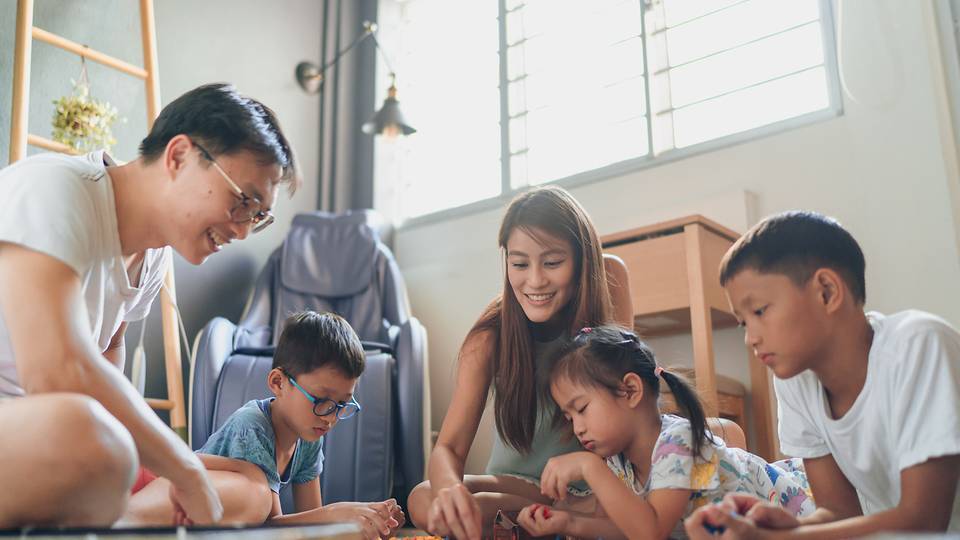
But as society slowly shifts from traditional gender roles to more progressive ones, this child – now an adult – finds his beliefs on families, men and women challenged and even deconstructed.
This dismantling evokes discomfort and may be even more severe when some religious beliefs of gender, held as unchangeable truths, are redefined.
Yet, Singapore’s cultural-religious sphere has evolved to provide more equitable spaces for women at a time when society did not.
Advocacy of the founding members of the (PPIS) in the early 1950s and 1960s created spaces for Malay women to cultivate financial and personal independence in learning working skills and religious and academic literacy. These also helped to carve a more equitable outlook for women during the formulation of the Administration of Muslim Law Act.
Today, other forms of cultural relearning and expansion are taking place.
Through movements such as Dads for Life, many men have come to embrace more equitable gender roles in their families, especially in caregiving duties.
Religious communities too have used their platforms to reach male followers to educate them on gender relations within a religious perspective.
The Islamic Council of Singapore (MUIS), for example, have used Friday prayer sermons to talk about the fair treatment of women and the roles of a father in today’s families, with the message easily reaching all levels and ages of Muslim men in Singapore.
Listen to Minister K Shanmugam give his frank take on women's issues, sexual assault and NS on CNA's Heart of the Matter podcast:
MAKING FURTHER PROGRESS IN GENDER EQUALITY
While many low-hanging fruit have been plucked in Singapore’s journey to empower and support women, the road ahead might be less clear.
Moving forward to enhance the participation of women as part of the Government’s White Paper on Women’s Development mean those who do not hold the same values might find themselves being excluded or mocked for their views.
This is where tolerance, respectful dialogue and education are needed to find a common middle ground.
There is a tendency to think men with concerns over gender equality are an impersonal, faceless albeit angry bloc of people. But dismissing their views could inadvertently increase opposition towards the cause of gender equality.
In moving across this river, Singapore should tread carefully and feel the stones, accepting three premises to avoid the move towards gender equality becoming a flashpoint for heated cultural debates.
First, there is an urgent need to address issues on gender inequality in society. While policy reforms can be quickly passed by Parliament, cultural change happens at a much slower pace.
Greater sensitisation of gender equality and individual acceptance require time. Sociologists call this “lagged adaptation”, where men may express more egalitarian ideas of gender, but lack the skills or will to act upon these ideas.

Second, societal discourse requires we lay aside stereotypes to debate issues rather than identities.
Rather than conceive of feminists as “triggered tumblrina”, a politically active female blogger who often posts issues relating to social justice on her blog, or reduce men with worries to chauvinist bigots, we should look to measured dialogue to negotiate changing norms.
Organisations like Dads for Life and PPIS provide resources and safe, educational, and respectful spaces to learn about the changing roles of men and women in society.
Communities like these present men with role models who have accepted new masculinity norms, learned to negotiate this with their partners and thrived in the process.
Such engagement strategies help shift perspectives, even among those with more traditional notions of gender, perhaps among older members of our extended family.
Hearing personal explanations of changing gender roles and expectations from a family member might make the message a little easier to swallow – as it can be contextualised and supported with examples the recipient can better relate to.
Third, while advocacy for gender equality matters, these must move beyond a zero-sum game of “rights” and “privilege” and focus instead on how implementing equitable social systems benefits all segments of society.
These should recognise that some social groups might have different ways of understanding gender equality, given Singapore’s multicultural and multireligious Singapore context.
Singular, homogenous progressive explanations of gender equality should make room for inclusive, diverse but tolerable nuances on the scale of equality.
This includes providing resources for pro-women and pro-gender equality cultural and religious groups to define gender equality norms within the boundaries of their culture or faith.
Mathew Mathews is Head of the Social Lab and Principal Research Fellow at the Institute of Policy Studies, National University of Singapore. Syafiq Suhaini is Research Associate at the IPS.








